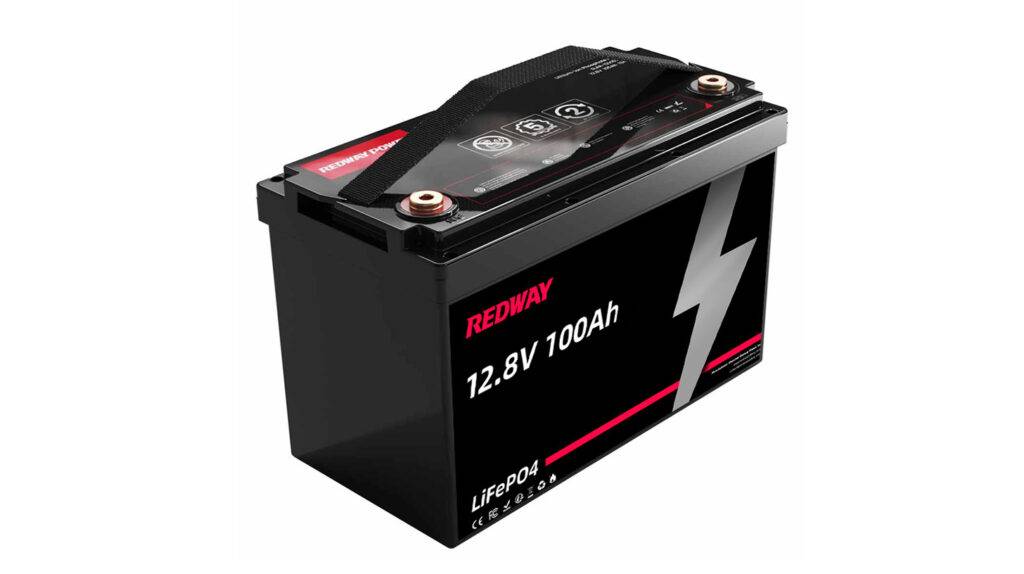Are you in the market for a new battery, but confused about which one to choose? Lithium Titanate and LiFePO4 are two of the most popular types of batteries on the market today. While both offer impressive features such as long lifespan, high power density, and lightweight design, they differ in certain aspects that can make all the difference in your choice. In this blog post, we’ll explore the differences between these two battery technologies so you can make an informed decision on which one is right for your needs. So buckle up and let’s dive into what sets Lithium Titanate vs LiFePO4 apart!

#post_seo_title
What is a Lithium Titanate battery?
Lithium titanate batteries, also called “lithium-ion titanate” or “LiTz” batteries, are a type of rechargeable battery that uses lithium titanate (Li2TiO3) as the anode. Lithium titanate batteries have a number of advantages over other types of lithium-ion batteries, including longer life span, higher power density, faster charge/discharge rates, and improved safety.
What is a LiFePO4 battery?
A LiFePO4 battery is a type of lithium-ion battery that uses iron phosphate as the cathode material. LiFePO4 batteries are sometimes referred to as LFP batteries.
LiFePO4 batteries have a number of advantages over other types of lithium-ion batteries. They have a higher discharge rate, longer cycle life, and higher temperature tolerance. LiFePO4 batteries are also safer than other types of lithium-ion batteries, due to their lower operating voltage and more stable chemistry.
Disadvantages of LiFePO4 batteries include their higher cost and lower energy density compared to other types of lithium-ion batteries.
The Difference Between the Two Battery Types
Lithium titanate batteries and lithium iron phosphate batteries are both types of lithium-ion batteries. Lithium titanate batteries are known for their high power density, while lithium iron phosphate batteries are known for their high energy density.
Lithium titanate batteries have a higher power density than lithium iron phosphate batteries, meaning that they can provide more power per unit of weight. This makes them ideal for applications where weight is a concern, such as in electric vehicles.
Lithium iron phosphate batteries have a higher energy density than lithium titanate batteries, meaning that they can store more energy per unit of weight. This makes them ideal for applications where runtime is a concern, such as in solar energy storage systems.
Which Battery Type is Better?
There are a few things to consider when trying to decide which battery type is better for you. The first is what kind of vehicle you will be using the battery in. If you have a high-powered car or truck, then you will want to go with the lithium titanate battery. This battery can handle the high loads and will give you the best performance. On the other hand, if you have a lower powered car or truck, then the LiFePO battery might be a better option. This battery is not as powerful as the lithium titanate, but it is more affordable and can still give you good performance.
The second thing to consider is how long you need the battery to last. If you only need the battery for a short time, then the LiFePO might be a better option since it does not have as much capacity as the lithium titanate. However, if you need the battery to last for a long time, then the lithium titanate would be the better choice since it has more capacity and will last longer.
The third thing to consider is your budget. The lithium titanate batteries are more expensive than the LiFePO batteries, so if cost is a factor, then the LiFePO might be a better option for you. However, if cost is not an issue, then the lithium titanate would be the better choice since it will give you better performance and lasts longer.
How to Choose the Right Battery for Your Needs
When choosing the right battery for your needs, it is important to consider a few factors such as discharge rate, weight, and price.
Lithium Titanate batteries are known for their high discharge rate and long life cycle. They are also lightweight and have a lower price tag than LiFePO batteries. However, they may not be the best choice for everyone as they have a slower charge time and require a higher voltage to operate.
LiFePO batteries are a good choice for those who need a fast charge time and high discharge rate. They are also more expensive than Lithium Titanate batteries but offer a longer life cycle.
Conclusion
We have looked at the differences between lithium titanate and LiFePO4 batteries in terms of their charging capabilities, lifespan, safety features, cost, maintenance requirements and environmental impact. Overall it appears that while each type of battery has its own advantages and disadvantages depending on the specific application they are being used for, LiFePO4 batteries offer a better combination of performance benefits compared to lithium titanate batteries. For those looking for long-term sustainability when investing in a new battery system then opting for a LiFePO4 battery is definitely worth considering.

